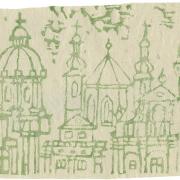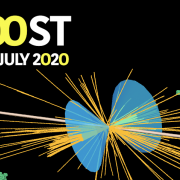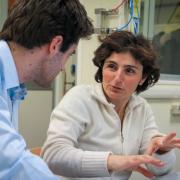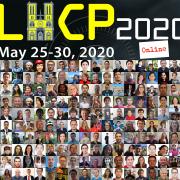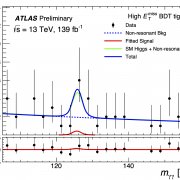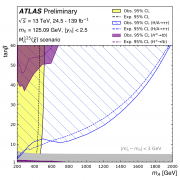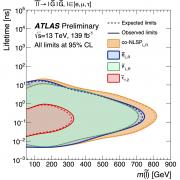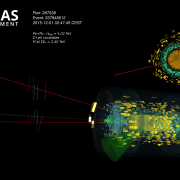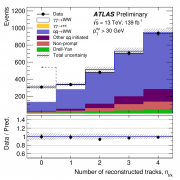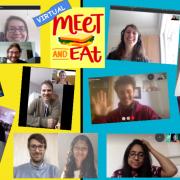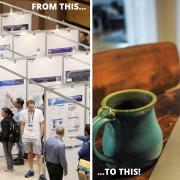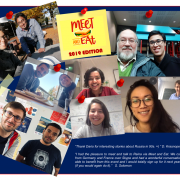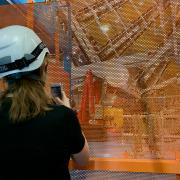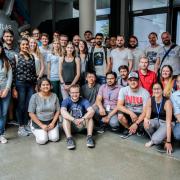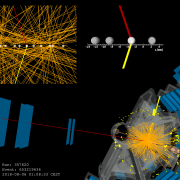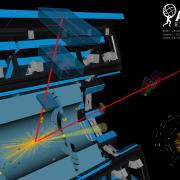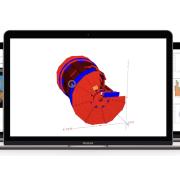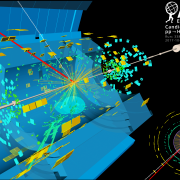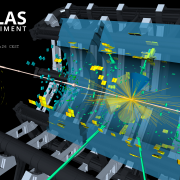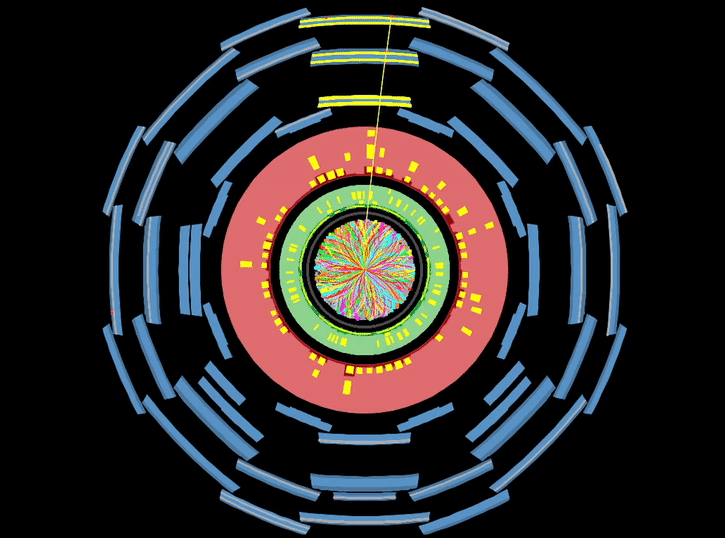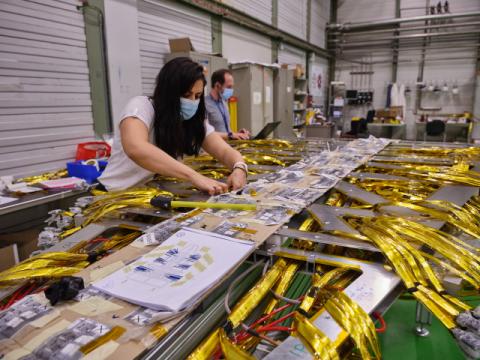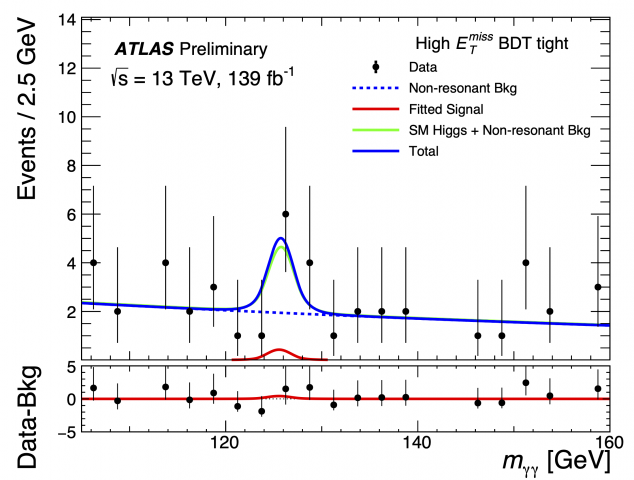Access to Collaboration Site and Physics Results
Updates tagged: “Education”
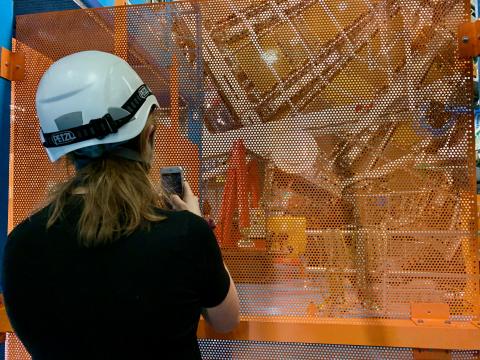
Sharing the Excitement of ATLAS
This past week, I grabbed a last-minute opportunity to wander about and take in the beauty of my favourite particle physics detector. Located 100 meters under the French/Swiss border near Geneva, ATLAS is always a marvel to see and to explore. Although I have hosted hundreds of visits by its side, I never tire of the view and inevitably pull out my phone or camera to photograph it, yet again.
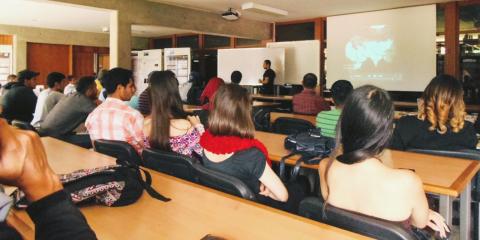
Boosting high-energy physics education around the world with ATLAS Open Data
Since the beginning of ATLAS, collaboration members have devoted hours, days, weeks and months teaching High Energy Physics (HEP) to anyone willing to listen. But sometimes those willing to listen do not have the means, especially when oceans and continents separate them from our experiment in Geneva. How can we overcome these geographical distances to allow anyone interested in HEP to learn?
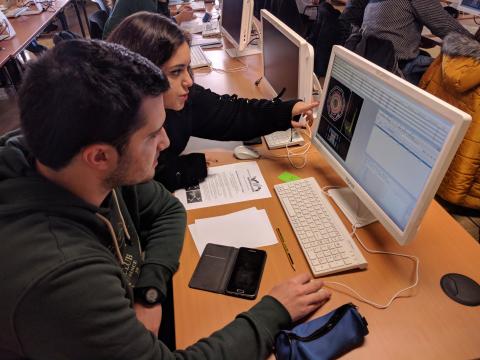
Hands-on particles: Schools worldwide analyse ATLAS data
Every spring, hundreds of universities around the world open their doors to high-school students for a day to give them hands-on experience in particle physics. The International Masterclass programme gives students the chance to use real data collected by the ATLAS detector and other LHC experiments to test the Standard Model and search for new particles.
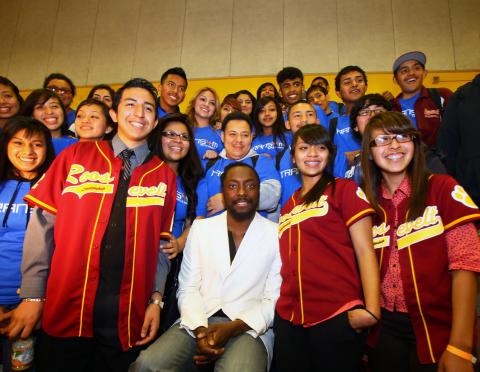
Angels and Teachers
I met beautiful people in Los Angeles earlier this month: smart, talented students, all destined for great careers. They welcomed me to their high schools and their after-school programmes, all well-equipped with computing, electronics, a robotics lab and, above all, a brilliant staff of teachers.
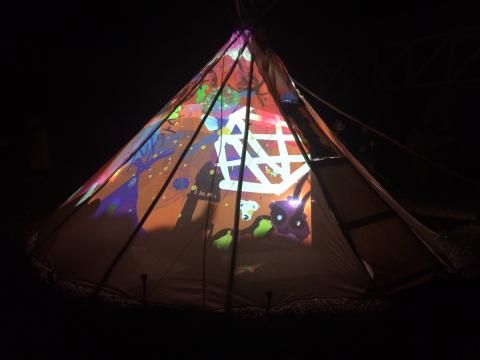
Reaching out across cultures
This past Spring, I had the opportunity to travel to Taos, New Mexico, USA, to work with artist Agnes Chavez, on one of her “Projecting Particles” workshops. Her innovative programme aims to develop STEM (Science, Technology, Engineering, Math) skills in students aged 8 and up, employing a mixture of science education and artistic expression. It is a winning combination for everyone involved.
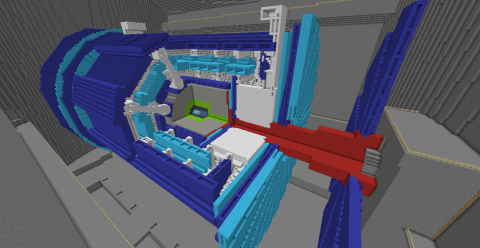
Explore virtual CERN with ATLAScraft
Enter the world of particle physics with the newly-launched ATLAScraft! Players can explore the CERN campus, shrink down to the size of a particle, and even conduct their own “experiments” in educational minigames.
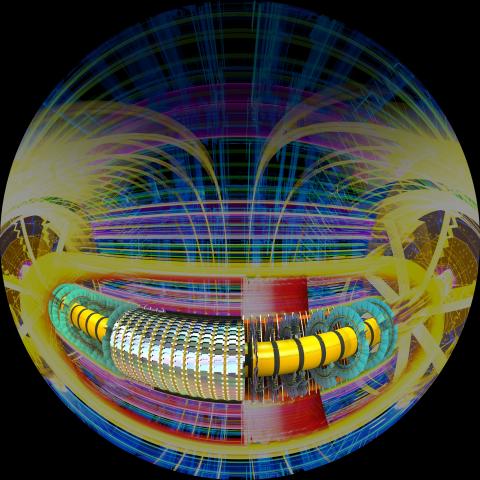
Hunt for Dark Matter in the “Phantom of the Universe”
From the chaotic moments after the Big Bang to present day proton collisions in the ATLAS Experiment, the new planetarium show Phantom of the Universe takes viewers on the hunt for dark matter. The show has been awarded an honourable mention for outstanding and innovative production at the 11th International FullDome Festival in Germany.
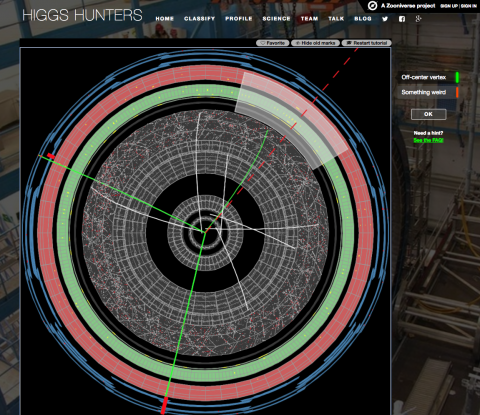
Become a Higgs Hunter
HiggsHunters is the first mass-participation citizen science project for the Large Hadron Collider, allowing non-experts to get directly involved in physics analysis. Since its launch in 2014 on the Zooniverse platform, over 30,000 people from 179 countries have participated in the project. Their work has led to the project’s first publication on arXiv.
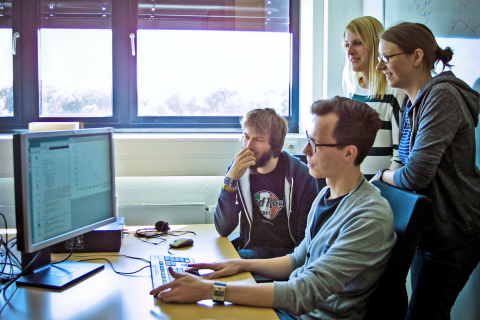
Dortmund students work with ATLAS data
The ATLAS Open Data platform is inspiring new ways to teach high-energy physics. Universities can incorporate the data into their curriculum, giving their students hands-on analysis experience and introducing them to the world of research.
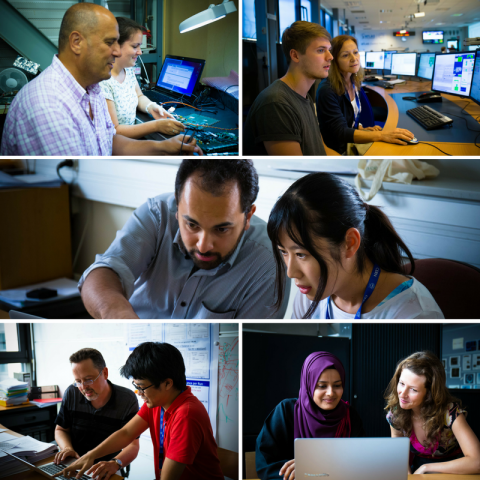
An exceptional summer
For many students, summer means sun and beach volleyball. For some, though, it is an opportunity to learn at ATLAS! Thanks to CERN’s Summer Student Programme, every year dozens of university students come to ATLAS to spend their holidays in this unique environment. During these three months they alternate between lectures and work, always supported by their supervisors. This summer, ATLAS hosted 50 students from 31 different countries. Here are some of their stories.


